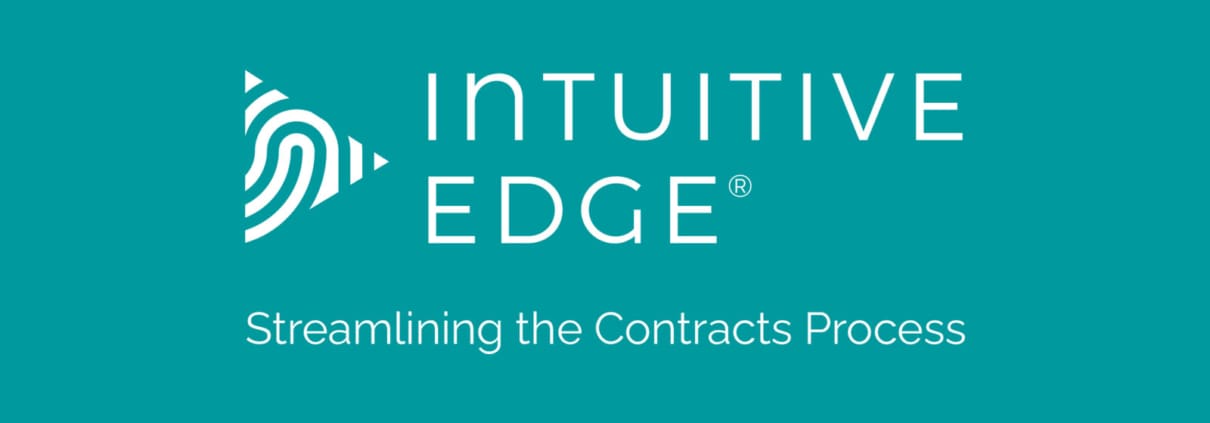The Pros and Cons of Establishing a Bitcoin Reserve: A Modern-Day Fort Knox?

As the digital age progresses, governments and financial institutions are exploring innovative ways to manage and diversify their reserves. One such consideration is the establishment of a Bitcoin reserve, a concept that parallels traditional gold reserves like Fort Knox. This article explores the advantages and disadvantages of such a move, compares Bitcoin to gold as a reserve asset, examines the implications for various stakeholders, and discusses the potential path toward broader institutional adoption of Bitcoin.
The Concept of a Bitcoin Reserve
Historically, nations have maintained reserves of precious metals, particularly gold, to back their currencies and stabilize their economies. Fort Knox in the United States, for instance, has served as a symbol of monetary security, housing a significant portion of the nation’s gold reserves. In recent developments, the idea of a “Digital Fort Knox” has emerged, where countries and states consider holding Bitcoin as part of their strategic reserves. In March 2025, President Donald Trump signed an executive order to create a strategic reserve of cryptocurrencies, dubbed the “Digital Fort Knox,” utilizing government-owned tokens, including a $17 billion Bitcoin reserve obtained through legal seizures.
Pros of Establishing a Bitcoin Reserve
- Diversification of Assets: Incorporating Bitcoin into national reserves offers diversification beyond traditional assets like gold and foreign currencies. This can potentially reduce risk and enhance financial stability.
- Hedge Against Inflation: Bitcoin is often viewed as a hedge against inflation due to its limited supply of 21 million coins. As governments print more money, leading to currency devaluation, Bitcoin’s scarcity could preserve value over time.
- Transparency and Security: Bitcoin operates on a blockchain, providing a transparent and immutable ledger of all transactions. This transparency can reduce corruption and increase trust in the management of national reserves.
- Potential for High Returns: Bitcoin has experienced significant appreciation over the past decade. Early adoption and accumulation could lead to substantial gains for national treasuries.
Cons of Establishing a Bitcoin Reserve
- Volatility: Bitcoin’s price is notoriously volatile, which could lead to substantial fluctuations in the value of national reserves. This unpredictability poses a challenge for economic planning and stability.
- Regulatory and Legal Risks: The regulatory environment for cryptocurrencies is still evolving. Future regulations could impact the liquidity and value of Bitcoin holdings.
- Security Concerns: While blockchain technology is secure, the storage and management of Bitcoin require robust cybersecurity measures to prevent theft or loss.
- Environmental Impact: Bitcoin mining consumes significant energy, raising environmental concerns. However, some countries, like Bhutan, utilize renewable energy sources for mining operations.
Bitcoin vs. Gold: A Comparative Analysis
Similarities:
- Store of Value: Both Bitcoin and gold are considered stores of value, preserving wealth over time.
- Limited Supply: Gold is finite, and Bitcoin’s supply is capped at 21 million coins, contributing to their scarcity and value.
Differences:
- Tangibility: Gold is a physical asset, while Bitcoin is digital, existing only on the blockchain.
- Portability and Divisibility: Bitcoin is easily transferable and divisible, facilitating transactions. Gold, being physical, is less convenient for everyday use.
- Historical Track Record: Gold has been a trusted store of value for millennia, whereas Bitcoin’s relatively short existence raises questions about its long-term stability.
Experts are divided on which asset is superior. Michael J. Saylor, CEO of MicroStrategy, asserts that Bitcoin will displace gold as a non-governmental store of value, describing it as “the apex property of the human race.” Conversely, legendary investor Ray Dalio prefers gold over Bitcoin, citing concerns about privacy, potential government taxation, and the speculative nature of cryptocurrencies.
Implications for Stakeholders
Average Citizens:
- Pros: A Bitcoin reserve could strengthen national financial positions, potentially leading to economic benefits such as reduced inflation and increased investment in public services.
- Cons: The volatility of Bitcoin could pose risks to national reserves, potentially impacting government spending and economic stability.
Businesses and Investment Entities:
- Pros: Businesses, private equity firms, and venture capitalists may find new opportunities in a Bitcoin-integrated economy, fostering innovation and growth in the fintech sector.
- Cons: Regulatory uncertainties and market volatility could pose challenges to financial planning and investment strategies.
The Path to Institutional Adoption
The journey toward widespread adoption of Bitcoin by banks and investment institutions involves several stages:
- Regulatory Clarity: Clear and supportive regulations are essential to provide a framework within which institutions can operate confidently.
- Infrastructure Development: Establishing secure custodial services and efficient transaction platforms is crucial for institutional participation.
- Market Education: Educating stakeholders about the benefits and risks of Bitcoin can facilitate informed decision-making.
- Pilot Programs: Institutions may begin with pilot programs to assess the feasibility and impact of integrating Bitcoin into their operations.
Conclusion
The establishment of a Bitcoin reserve presents both opportunities and challenges. While it offers diversification, a hedge against inflation, and potential technological advancements, concerns about volatility, regulatory risks, and security cannot be overlooked. The decision to adopt Bitcoin as a reserve asset should be made cautiously, considering the unique economic context and risk tolerance of each state or country. As the financial landscape evolves, continuous dialogue among policymakers, financial experts, and the public is essential to navigate this complex yet promising frontier.






Leave a Reply
Want to join the discussion?Feel free to contribute!